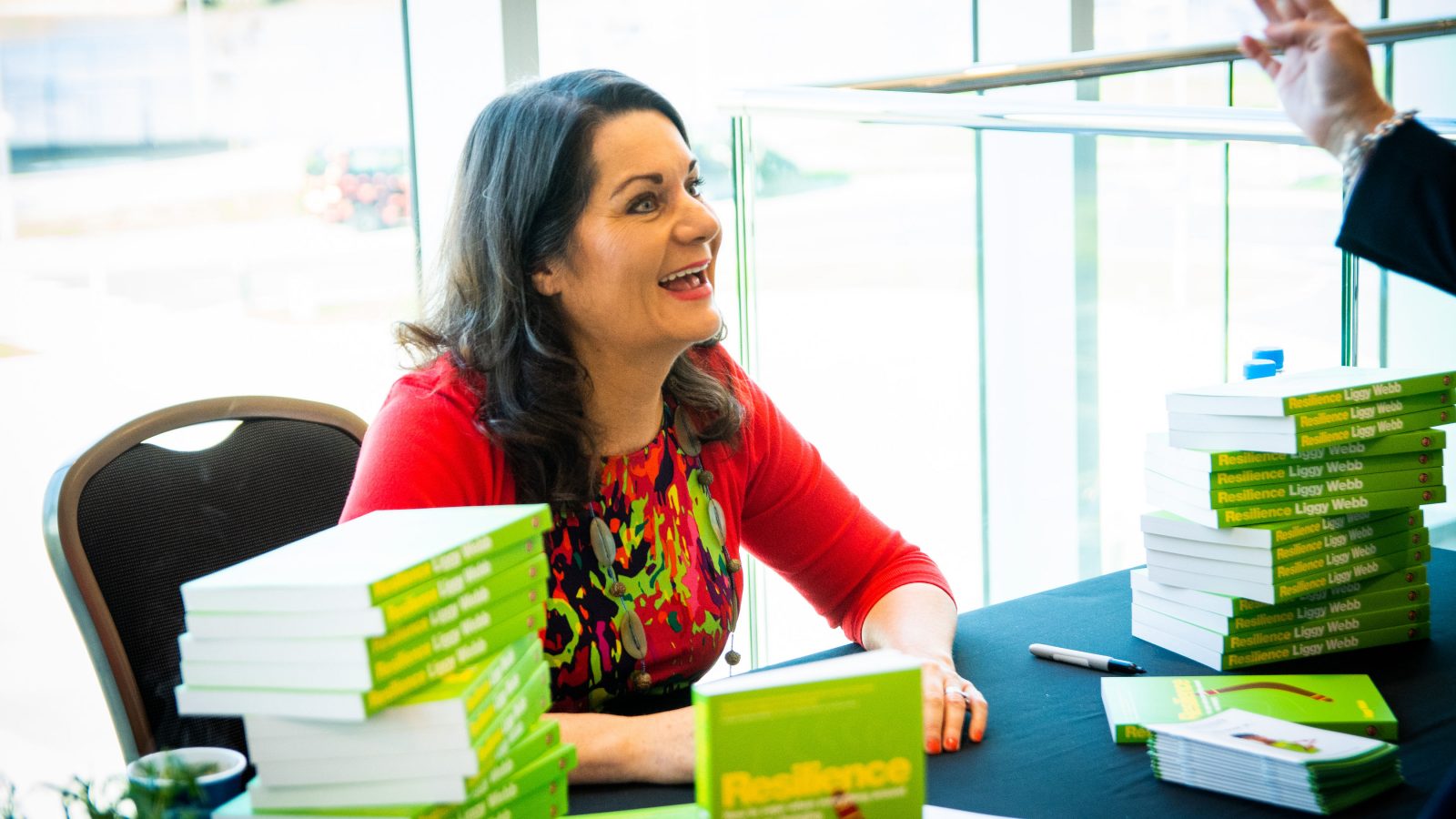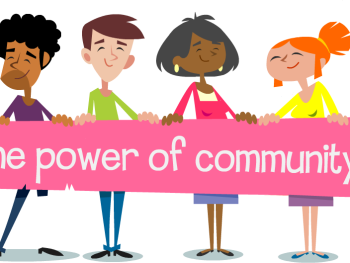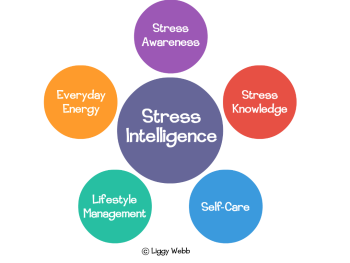Trust is the glue that holds relationships together and when you let down your barriers and learn to trust it will help you to develop healthier and stronger connections. Building trust will also help you to be more open and receptive to new experiences and in turn make your life richer and more interesting. Beyond your comfort zone is where the real magic happens in relationships.
Building trust, however, takes time and commitment. In order to build trust, you will need to be patient and take small steps and each relationship is bound to be different. In many ways it takes courage to build trust and it also takes time.
So, what happens when trust is broken?
I had a situation quite recently where I had taken a leap of faith and trusted someone and was let down. For a while I felt quite shocked, then heavily disappointed and then quite cross with myself for having been so trusting and sharing in the first place. I realised that my sadness and frustration around the situation was starting to occupy my thoughts so much that I was even dreaming about it! It was then that I had to have a really good chat with myself and ask this question…How much rent-free space do I want this person to have in my head?
I acknowledged that holding on to the disappointment was not the best use of my emotional energy and that is when a certain amount of acceptance comes in to play. Part of life’s rich tapestry is that people will let you down from time to time however it is far better to take any useful learning, and not allow it to jade your heart.
The benefits of cultivating trust far outweigh the negatives and as we go through life it is important to challenge any cynicism we may harbour and move on as positively as we can.

Life isn’t perfect
If you live in a world of mistrust you will always be on high alert waiting for the next thing that is potentially out to get you. Trusting that you can cope with disappointing behaviours of others and situations that may not be ideal, is so important in terms of being able to relax and manage stress levels.
My Dad has a great way of dealing with people who have caused upset in his life and his mantra is – Let them do their worst and continue to do your best!
Life isn’t perfect and there will be times when trust is broken. Yes, of course it will be upsetting and disappointing, however it’s important to not let it taint your view of everyone else. It is much better to keep an open mind and view everything and everyone from a fresh perspective.
So, here are 12 ways that you can help you build trust in relationships …

1. Trust yourself
The key to building trust is to first of all trust yourself, because if you don’t trust yourself why should you expect anyone else to? Being true to yourself and your personal values is key to living a life of integrity.
Cultivating a strong sense of self-efficacy and self-compassion will help you to feel grounded and more confident.

2. Let go of the past
Being able to let go of negative experiences from the past will help you to positively move forward and trust. It will also help you to feel happier and more resilient.
There may well be occasions where you have been disappointed or let down and this is all part of the rich tapestry of life. Some of those difficult experiences will have made you stronger. It is far better to be a champion of your future rather than a prisoner of your past. So, view every new experience with an open heart and an open mind.
3. Lead by example
If you want other people to trust you, you need to demonstrate your trust in them. We all watch and take cues from each other so leading by example is a great way to cultivate a trusting environment.
Leading by example will help people around you to feel more comfortable about taking risks and stepping out of their comfort zone.
4. Be true to your word
The point of building trust is for others to believe what you say. Keep in mind, however, that building trust requires not only keeping the promises you make but also not making promises you may be unable to keep.
Being true to your word shows others what you expect from them, and in turn, they will be more likely to treat you with respect. Remember, actions speak louder than words.

5. Communicate openly and clearly
Feeling confident about being able to open up and be honest is an important way to build trust. It is important to be respectful in terms of how you communicate your message. Tact and diplomacy in sensitive situations are something to always be mindful of. Make sure that you are well informed because this will give you credibility. The timing of when you communicate something is also an important consideration. It is also helpful to check each other’s understanding of what has been shared or agreed upon.
In a business context beware the handshake deals and to avoid unnecessary and confusing ambiguity put down what has been agreed in writing.
6. Listen to understand
When you really focus and listen to what another person has to say it will demonstrate that you really want to know and understand them. It will also help you to explore what is in their best interests. By carefully listening you will help others to feel more comfortable about exposing their vulnerabilities and encourage openness and honesty.
7. Avoid gossip
A good way to live your life is to imagine that anyone you are talking about is standing right behind you. This way you will always be mindful of what you say.
People rarely trust someone who is willing to gossip and generally if someone is willing to gossip about someone else to you the chances are, they will do the same about you! There is absolutely no benefit whatsoever to gossiping and it is a waste of valuable energy. All it does is fuel negativity and unhappiness so steer clear of gossipmongers.

8. Tell the truth
When people tell lies they immediately damage relationships. Lying is intentional dishonesty and not only is it wrong it is also disrespectful.
Once a lie has been detected it can be very difficult for the trust to be rebuilt. In some situations, it takes courage to be honest. However, when it comes to building trust, honesty is the best policy.
9. Admit when you don’t know
When you don’t know the answer to something or you don’t have the solution, just say so. You can’t be expected to have all the answers. No one does and it doesn’t make you a lesser person.
This admission also gifts you the opportunity to learn and grow.

10. Admit your mistakes
We all make mistakes and its part of being human. In many ways the mistakes we make help us to learn and anyone who believes that they have never made a mistake is not being honest with themselves.
Trying to project the perfect “Super Person” image all the time will not instil trust in others. You were not born to be perfect; you were born to be real. Trust is built on reality. So, when you make a mistake admit it.
11. Don’t play the blame game
When people live and work together, honest mistakes and disappointments will inevitably occur. That’s life! However, when people start pointing the finger, and play the blame game, this can very quickly undermine trust and create fear, making people reluctant to open up again.
Mistakes are part of life and a healthy focus on seeing them as learning opportunities can help to support a more relaxed, collaborative and trusting environment.

12. Value relationships
Demonstrating that you really value the relationships that you have built is an important part of maintaining trust. By telling people how much you appreciate them you will forge stronger bonds and mutual respect.
So, remember to set some time aside to share positive feedback and say thank-you.

For updates for future blogs, free webinars and various other useful resources please do join my newsletter.












